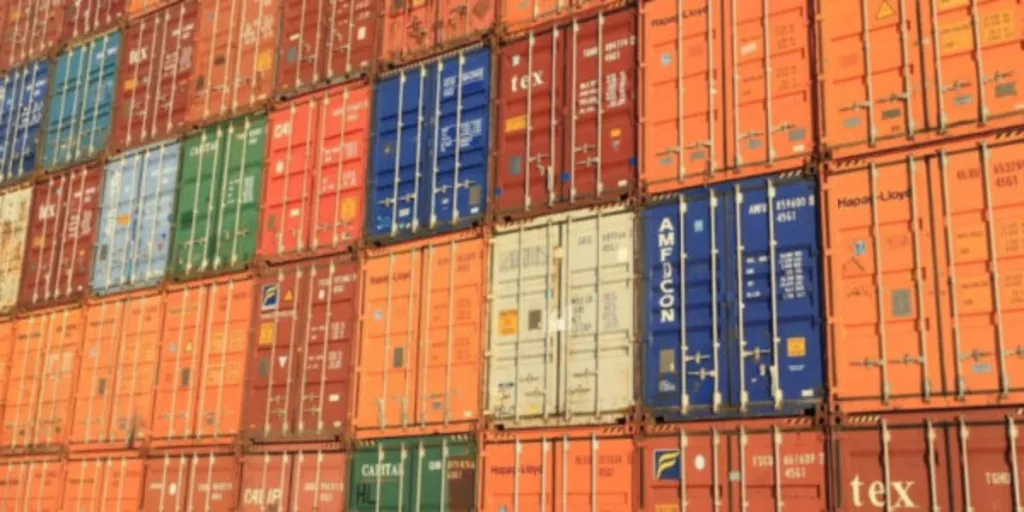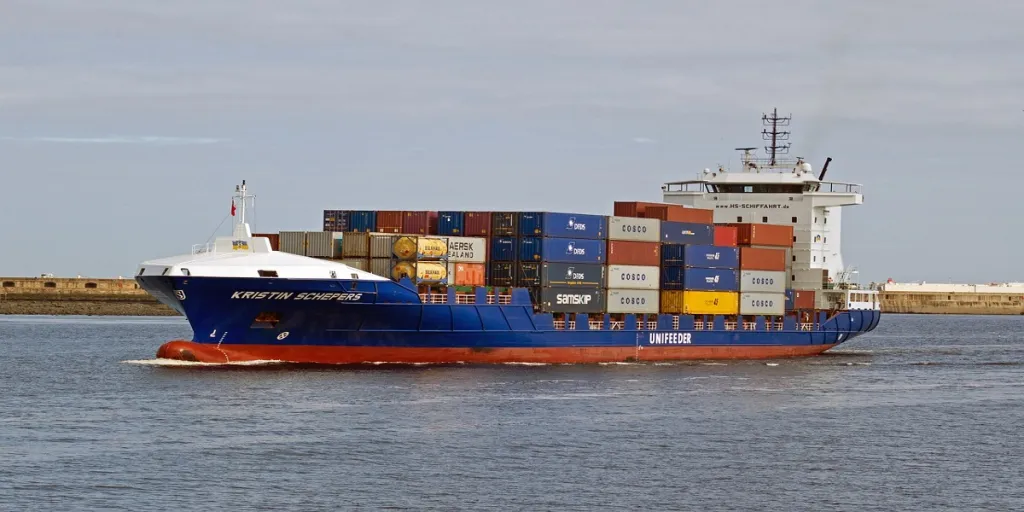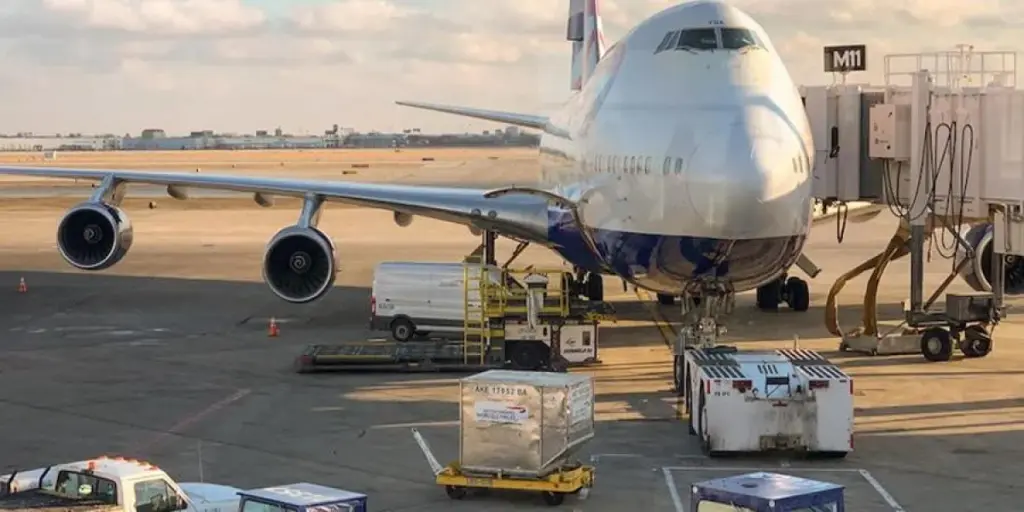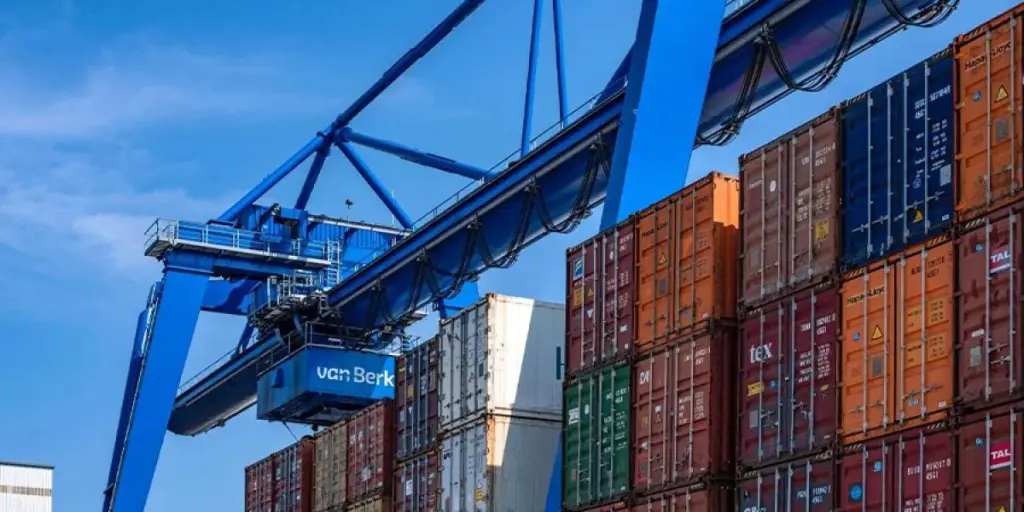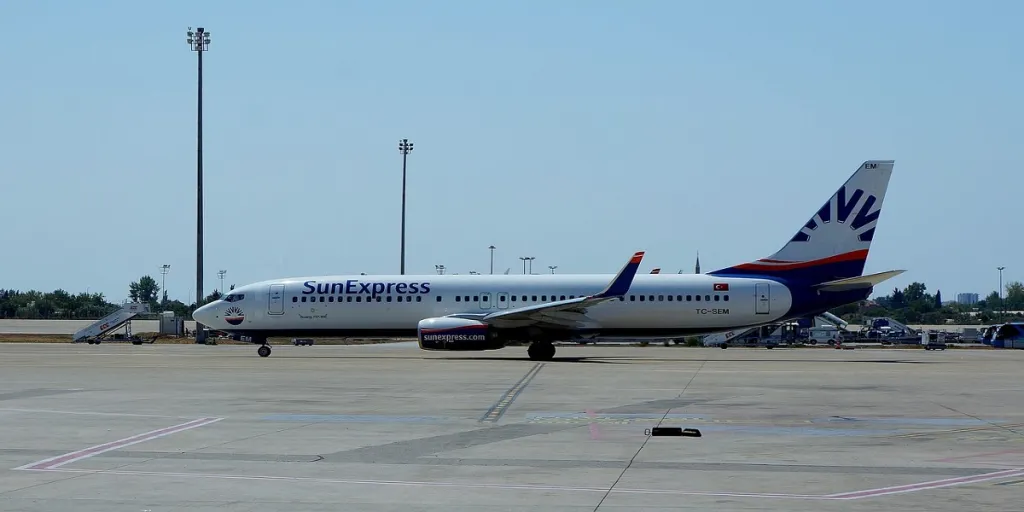While it can be challenging to understand some logistic jargon such as demurrage charges, it is imperative for shippers to have a good grasp on these terms. This is especially true based on the latest report on the continuously increasing demurrage and detention charges in 2021 compared to 2020, which rose drastically by a big jump of 126% in the top 10 Chinese ports. While many ports saw a decline in these charges in 2022, they are yet to return to the pre-pandemic level (in fact charges in some ports continued to rise).
Most analysts attribute failure in demands, stricter free time limits, and congestion brought on by prior disruptions in the health industry as the leading causes of this substantial increase. Here, let’s learn more about demurrage fees against the backdrop of the increasing costs including ways to prevent it and tips in negotiation.
Table of Contents
What is demurrage?
Common causes of the demurrage charges
How is demurrage charged?
Who should bear the costs?
How to prevent demurrage charges and tips to negotiate
Conclusion
What is demurrage?
Also commonly known as “laytime”, demurrage refers to charges levied in the event that a container is kept within the terminal over its allotted “free of charge” period. The free days allowable for containers in terminals typically range from 48 hours or 2 days up to 7 days. However, since the “free days” policies can be varied depending on the ports and the shipping companies, it’s crucial for shippers to validate the free period allowed for their containers.
The recent hike in demurrage fees across the top ports around the world has alarmed freight users worldwide. Overall, there are increasing concerns over the skyrocketing demurrage rates that sometimes exceed the total worth of the containers, since the demurrage charges are cumulative after the initial period. The demurrage charge is in effect considered as a “late charge” or penalty which may arise due to various reasons stated below.
Common causes of the demurrage charges
Shipment disputes
A dispute due to disagreement between the consignee and shipper on various issues, primarily the payment issues, can often lead to the late release of containers, which subsequently results in surcharges of demurrage. It is hence important to ensure that all the parties involved have cleared the necessary payment responsibilities including payment to the carriers to avoid demurrage fees due to disputes.
Customs inspections
Depending on different customs practices and local regulations, the customs inspection process could be quite long and some rather complex customs procedures may need to be adhered to. When such a hold-up happens, the delays caused by customs clearance will inevitably lead to demurrage fees eventually.
Documentation issues
Documentation issues are also among the most common triggers of demurrage charges. Delays in necessary documentation exchange between the importers and exporters will cause late documentation submission. Incomplete or loss of documentation takes time to amend or make up for the missing documents which leads to further delays and hence incurs unwanted delay fees such as demurrage charges on top of potential costs for documentation amendment.
Factors beyond control
In view of the nature of the freight industry which often depends on weather conditions and human operations, the freight-delivering process can be subject to plenty of factors beyond shippers’ control. Some of these issues include bad weather conditions, labor strikes, port congestion, busy terminals and transport, or as we all witnessed in recent years, other pandemic related supply chain disruptions. All of these can lead to delays in container movement and handling processes, thereby making it hard to avoid demurrage charges.
From a legal perspective, however, it is important to understand that the definition of “force majeure” events (occurrence of beyond-control circumstances that may relieve one or both parties from the execution of the contract in some way) is highly related to the contract terms between both contracted parties, be it under US laws or English laws, for example. This means that in order for the contractual parties to invoke the force majeure reasons to protect the interests of both parties, they must first ensure that the relevant clauses had been included in their contract in the first place.
Others
Meanwhile, there are also some relatively rare miscommunication issues such as when the consignee is uncontactable or the shippers are unaware of the availability of the cargo at the terminal. These seemingly minor issues unfortunately still may cause delays and finally lead to demurrage charges as well.
How is demurrage charged?
Demurrage fees are time-critical by nature, therefore they are often charged based on the number of days and on a number of containers basis. The fees are applicable to both imports and exports. Specific charges vary depending on carriers, terminals, and ports. While the demurrage fees normally increase cumulatively, it is worth noting that when shipping refrigerated containers, the demurrage rates may also be subject to additional fees.
Demurrage fees are normally chargeable for full container load (FCL). Nevertheless, a less-than-container load (LCL) may still be subject to demurrage charges. LCL, which is not a full load, is normally consolidated into one container together with other LCL shipments at a CFS (container freight station), and the deconsolidation is done only at the destination. The demurrage fees for LCL is hence depending on how much room the goods take up at the CFS during the deconsolidation process.
Who should bear the costs?

Even though the responsibility for paying the incurred demurrage fees typically rests with the consignees (the importers), there are some circumstances where the shippers (the exporters) are responsible for paying the fees. Full payment is necessary before the goods can be released, regardless of whether the charges are to be paid by the consignees or the shippers.
The demurrage is applicable for both imports and exports since it is an attempt to free the ports for more space by incentivizing the importers to move products through and pick them up from the port as soon as possible, while on the other hand, discouraging exporters from bringing goods to the port too early.
The demurrage payment obligations are hence varied during the import and export process:
Import
When a container is not collected from the terminals by the end of its free period during the import phase, the importer must bear the demurrage charges since the importer is responsible for clearing the cargo. This is levied to importers whether the delay is due to a failure to return the containers or lateness in retrieving the goods.
Export
During the export process, export demurrage is levied if the loaded containers cannot be dispatched within the allotted free time. The exporters need to bear the incurred demurrage charges for failure to ship out the goods on time.
How to prevent demurrage charges and tips to negotiate

Understanding all the contracts involved
Carefully review all the contracts involved, this includes both the shipping contract with the carriers as well as the contracts with the consignee. Take note of any particular permissions or special requirements needed for customs clearance, for example, so as to be able to stay prepared in advance.
Customs pre-clearance
Get ready with the necessary and complete documentation to secure a custom pre-clearance whenever it is permissible. Proper documentation is definitely helpful to escalate and smoothen the entire customs clearance process even if pre-clearance is not doable.
Digitize the release
Arranging for the shipment to be telex released rather than depending on the release with the original bill of lading (BL) only. This arrangement can be helpful in expediting the entire cargo release process, thereby reducing the chance of demurrage penalization.
Telex release refers to the process where the cargo owner has provided permission electronically to the carrier, so they can release the cargo to a particular party without the need of having the original BL presented.
However, even with a digitalization arrangement in place, it should be noted that document sharing of cargo and shipment documentation with all parties involved is still essential for a seamless shipping process.
Others
Most of the freight services available in the market are using the COCs – the carrier-owned containers rather than the shipper-owned containers (SOCs) since the carriers are normally the owners of the containers. While COCs are straightforward and convenient, extra fees such as demurrage and detention charges may be inevitable with the carriers having full ownership of the containers.
SOCs, on the other hand, may cost slightly more in the beginning as the shippers need to first acquire their own containers. They, however, provide more flexibility in the long run as the shippers gain full control in goods clearance date, as a result, manage to avoid demurrage charges altogether. And of course, one can also consider engaging a backup land courier to enable quick movement for cargo and containers shall the needs arise.
Get ready to negotiate
Always be prepared to negotiate instead of simply accepting the number of free days offered. There is no exact guideline on how many free days to be requested as the needs essentially boil down to the estimation of the customs clearance time and documentation preparation needed. It is therefore vital for the shippers to do the necessary research on the potential time required for the entire shipping process (including customs clearance) and be fully aware of all the documents needed.
Conclusion
In view of dropping demands, the shorter free periods allowed as well as congestion caused by the disruption of the global logistics industry in the past few years, the global demurrage charges increased significantly in 2021 compared to the previous year. To avoid or reduce demurrage charges as much as possible, exporters and importers must understand the common reasons that lead to demurrage charges, how they are imposed, and who should cover the demurrage charges. Readers may apply the above-mentioned tips to negotiate demurrage costs wherever feasible in order to lower the costs since demurrage fees are time-sensitive and may exceed the value of the cargo at times. More wholesale sourcing ideas and suggestions are available at Alibaba Reads, visit the site now to discover further!

Looking for a logistics solution with competitive pricing, full visibility, and readily accessible customer support? Check out the Alibaba.com Logistics Marketplace today.
